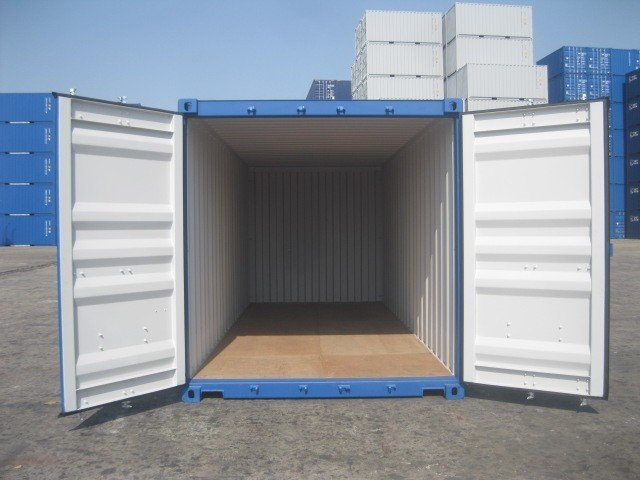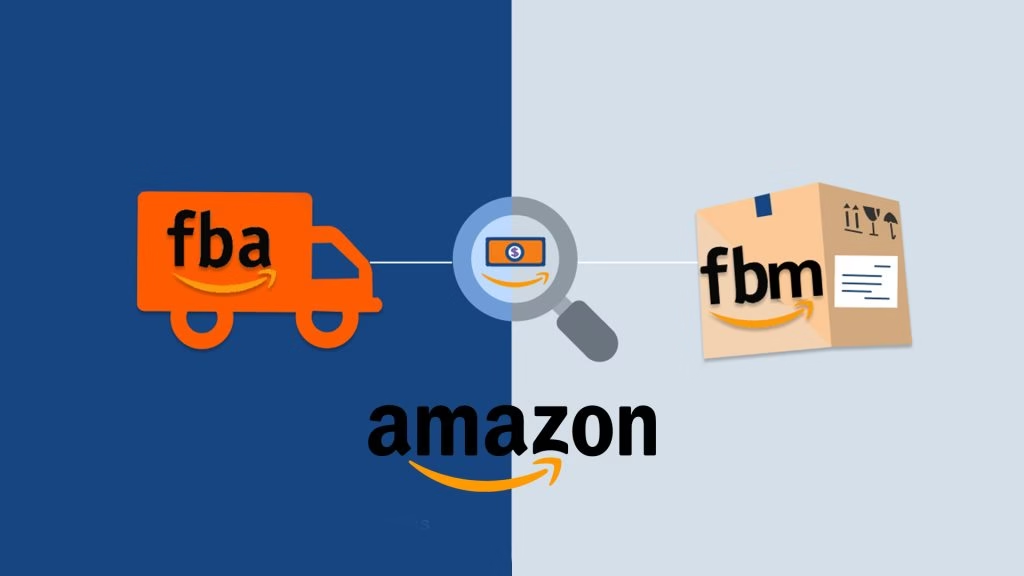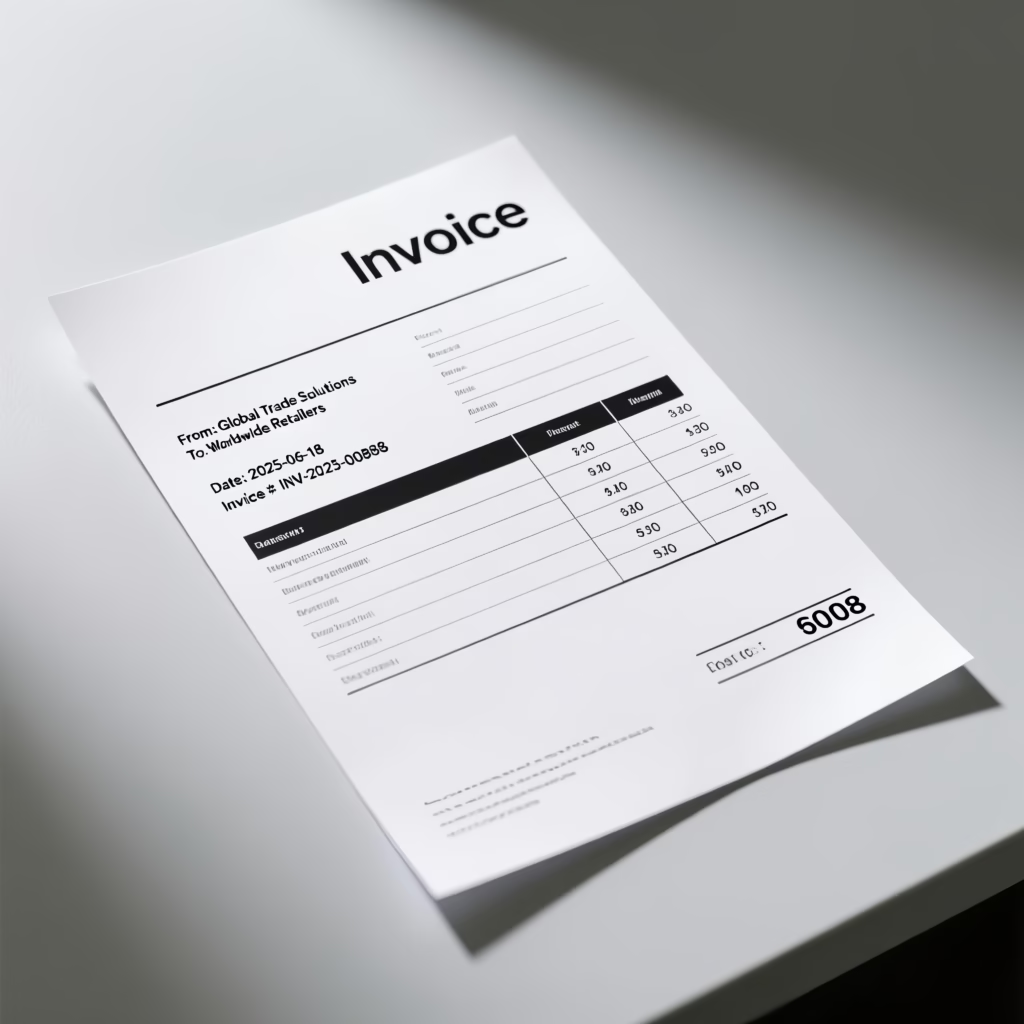What is LCL vs FCL in Shipping? In the vast world of international shipping, understanding the different types of cargo services is crucial for businesses to optimize their logistics operations. Among the most commonly used terms in shipping are LCL (Less than Container Load) and FCL (Full Container Load).
These two acronyms represent distinct shipping methods that cater to varying cargo volumes and needs. In this blog post, we will delve deep into the differences between LCL and FCL, exploring their definitions, advantages, disadvantages, cost considerations, and how to choose the right option for your shipping requirements. By the end, you’ll have a clear understanding of LCL vs FCL in shipping and be equipped to make informed decisions for your business.
Understanding LCL (Less than Container Load)
LCL, or Less than Container Load, refers to a shipping method where multiple shippers share a single container for their cargo. This is ideal for businesses that do not have enough goods to fill an entire container. Instead, their cargo is consolidated with other shippers’ goods at a freight forwarding warehouse or container freight station (CFS), and then loaded into a container that will be shipped to the destination port.
Advantages of LCL Shipping
Cost-Effective for Small Shipments:
LCL is a cost-effective option for shippers with smaller cargo volumes. Instead of paying for an entire container, you only pay for the space your cargo occupies.
Flexibility:
LCL offers greater flexibility in terms of shipment size. You can ship as little or as much as you need, without worrying about filling a whole container.
Reduced Storage Costs:
For businesses with limited storage space, LCL can be advantageous. You don’t need to store a full container’s worth of goods before shipping.
Consolidation Services:
Freight forwarders handle the consolidation and deconsolidation processes, making it easier for shippers to manage their logistics.
Disadvantages of LCL Shipping
Longer Transit Times:
Since LCL involves consolidating cargo from multiple shippers, it can result in longer transit times due to the need to wait for the container to be filled.
Potential for Delays:
There is a higher risk of delays, as the container may need to make multiple stops at different ports to pick up or drop off cargo.
Additional Fees:
Shippers may incur additional fees such as consolidation and deconsolidation charges, handling fees, and possibly customs clearance fees.
Limited Control:
You have less control over the shipping process, as your cargo is mixed with others, and you may not have direct access to it until it reaches the destination.
Understanding FCL (Full Container Load)
FCL, or Full Container Load, refers to a shipping method where a shipper rents an entire container for their exclusive use. This is suitable for businesses that have enough cargo to fill a container or prefer not to share space with other shippers.
Advantages of FCL Shipping
Faster Transit Times:
Since the container is dedicated to your cargo, it can be shipped directly to the destination without the need for consolidation or multiple stops.
Greater Control and Security:
You have full control over the container and its contents, from loading to unloading. This also enhances security, as your cargo is not mixed with others.
Less Risk of Damage:
With FCL, your cargo is less likely to be damaged or lost, as it is not handled as frequently as in LCL shipping.
Cost-Effective for Large Shipments:
For shippers with large cargo volumes, FCL can be more cost-effective than LCL, as the cost per unit of cargo is usually lower.
Disadvantages of FCL Shipping
Higher Cost for Small Shipments:
If you don’t have enough cargo to fill a container, FCL can be costly and inefficient.
Wasted Space:
If your cargo doesn’t fully utilize the container’s capacity, you may end up paying for unused space.
Storage Requirements:
You may need to have enough storage space to hold a full container’s worth of goods before and after shipping.
Complex Logistics:
Managing the loading, unloading, and transportation of a full container requires more logistics planning and coordination.
Cost Considerations: LCL vs FCL
When comparing LCL and FCL, cost is a significant factor. Here are some key points to consider:
Volume of Cargo:
For small shipments, LCL is generally more cost-effective. As the volume of cargo increases, FCL becomes more economical.
Shipping Distance:
The cost difference between LCL and FCL can vary depending on the shipping distance. Longer distances may favor FCL due to economies of scale.
Additional Fees:
LCL often includes additional fees for consolidation, deconsolidation, and handling, which can add up. FCL, on the other hand, typically has fewer additional fees.
Seasonality and Demand:
Shipping costs can fluctuate based on seasonality and demand. It’s important to get quotes from multiple freight forwarders to compare prices.
Choosing the Right Option: LCL vs FCL
Deciding between LCL and FCL depends on several factors, including the volume of your cargo, your budget, transit time requirements, and control over the shipping process.
When to Choose LCL
Small Cargo Volumes: If you don’t have enough cargo to fill a container, LCL is the more cost-effective choice.
Cost-Sensitive: If budget is a primary concern and you can tolerate longer transit times, LCL may be the better option.
Flexibility Needed: If your cargo volumes vary frequently, LCL offers the flexibility to ship different quantities without wasting space.
When to Choose FCL
Large Cargo Volumes: If you have enough cargo to fill a container or close to it, FCL is usually more cost-effective.
Actual Cases of LCL and FCL in Shipping
LCL (Less than Container Load) Case:
A small electronics retailer from the US needed to ship a few pallets of smartphones to Europe. Since the cargo volume was too small to fill an entire container, they opted for LCL shipping. They shared the container space with other shippers, paying only for the space their cargo occupied. This approach saved them costs and provided a flexible solution for their shipping needs.
FCL (Full Container Load) Case:
A large automotive parts manufacturer had to transport a full container of car components from China to the US. Given the large volume and the need for secure, direct transportation, they chose FCL shipping. The entire container was dedicated to their cargo, ensuring faster transit times and reduced risk of damage. This was a cost-effective solution for their bulk shipment.
Amazon Launches “Haul” to Sell Low-Priced Items to Compete with Temu, Shein
Below is a deeper look at what Haul is, how it works, why Amazon is…
Amazon Logistics Models: A Comprehensive Guide to FBA, FBM, and Third-Party Fulfillment
In the dynamic landscape of e-commerce, logistics plays a pivotal role in determining the success…
A Comprehensive Guide to Commercial Invoices (CI) in Cross-Border Logistics
Discover the essential elements of commercial invoices in cross-border logistics. Our comprehensive guide simplifies the…






Pingback: Mountain Bike Imports to Canada